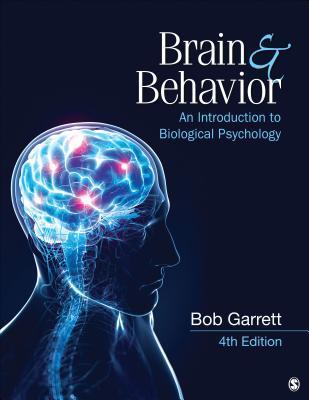
**The Trailblazers of Psychology: Carl Jung, Sigmund Freud, and Abraham Maslow**
The discipline of psychology has been deeply influenced by the insights of numerous thinkers throughout time. Notably, Carl Jung, Sigmund Freud, and Abraham Maslow emerge as some of the most significant individuals in this field. Each of these psychologists presented ideas that have been crucial in shaping contemporary psychological theory and application.
**Sigmund Freud: The Pioneer of Psychoanalysis**
Born in May 1856 in Austria, Sigmund Freud was a neurologist whose contributions established foundational elements of modern psychology. Perhaps most notably, Freud formulated theories regarding the conscious and unconscious mind, psychosexual development, dream analysis, and psychoanalytic theory.
Freud’s framework of the mind—including the id, ego, and superego—has been instrumental in comprehending the intricacies of human personality and behavior. The id relates to instinctive impulses and concealed desires, whereas the superego embodies societal expectations and moral principles. The ego operates as a mediator between these opposing forces, aiming to reconcile primal urges with societal demands. Freud posited that anxiety and neurosis typically arise from an imbalance among these components.
Freud’s model of psychosexual development proposed that adult personality is molded through various stages of psychosexual development in childhood, each tied to an erogenous zone. He believed that unresolved issues during these stages could result in neuroses during adulthood.
Freud’s publication, “The Interpretation of Dreams,” regarded dreams as expressions of the unconscious mind, symbolizing the unfulfilled wishes of the id. His psychoanalytic theory highlighted the enduring effects of early childhood experiences on adult personality and behavior, particularly those that are traumatic.
One of the fundamental concepts in psychoanalysis is defense mechanisms, unconscious tactics employed by the ego to handle conflicts between the id and the superego. These mechanisms, such as projection, displacement, and sublimation, assist in maintaining psychological balance by altering or redirecting reality to minimize anxiety.
Freud also introduced the notion of libido, an unconscious life force striving for pleasure and evading pain, which drives psychological functions and influences behavior.
**Abraham Maslow: The Hierarchy of Needs**
Abraham Maslow, an American psychologist, put forward a motivational theory known as Maslow’s Hierarchy of Needs in 1943. This hierarchical framework suggests that human motivations vary from fundamental physiological needs to more sophisticated psychological ones.
Represented as a pyramid with five tiers, the hierarchy commences with physiological needs (food, water, shelter), followed by safety needs (security, stability), love and belongingness needs (friendships, love), esteem needs (self-respect, recognition), culminating in self-actualization (realizing potential, personal growth).
Maslow maintained that fundamental needs must be satisfied before individuals can aim for higher-level needs. Self-actualization, the apex of the hierarchy, pertains to fulfilling personal capabilities and achieving self-fulfillment. Although Maslow believed that only a handful of individuals reach complete self-actualization, striving towards it can lead to “peak experiences” that further personal development and fulfillment.
Maslow’s hierarchy has been broadened to encompass cognitive, aesthetic, and transcendence needs, highlighting the intricacies of human motivation and stressing the importance of individual pathways in satisfying needs.
**Conclusion**
In summary, Carl Jung, Sigmund Freud, and Abraham Maslow made transformative contributions to psychology, each providing distinctive perspectives on human behavior and mental functions. Their theories regarding the mind, development, motivation, and personality persist in shaping psychological practices and remain essential to the exploration of psychology today. As we continue to build upon their legacies, these pioneering thinkers offer a profound inheritance that continues to educate and inspire new generations of psychologists.
**References**
– Cherry, Kendra. “Life and Death Instincts Are Opposing Urges.” Verywell Mind, 22 Apr. 2024.
– Freud, Sigmund, et al. “Sigmund Freud: Theories and Influence on Psychology.” Verywell Mind, 18 July 2024.
– Guerin, W. L., Labor, E., Morgan, L., Reesman, J. C., & Willingham, J. R. (1992). A Handbook of Critical Approaches to Literature (3rd ed.). Oxford University Press.
– Jay, Martin Evan. “Sigmund Freud | Biography, Theories, Psychology, Books, Works, & Facts.” Britannica, 12 Feb. 2025.
– McLeod, Saul. “Maslow’s Hierarchy of Needs.” Simply Psychology, 24 Jan. 2024.
– Traylor, Jessica, et al. “Psychodynamic Theory: Freud – Individual and Family Development, Health, and Well-being.” Iowa State University Digital Press.